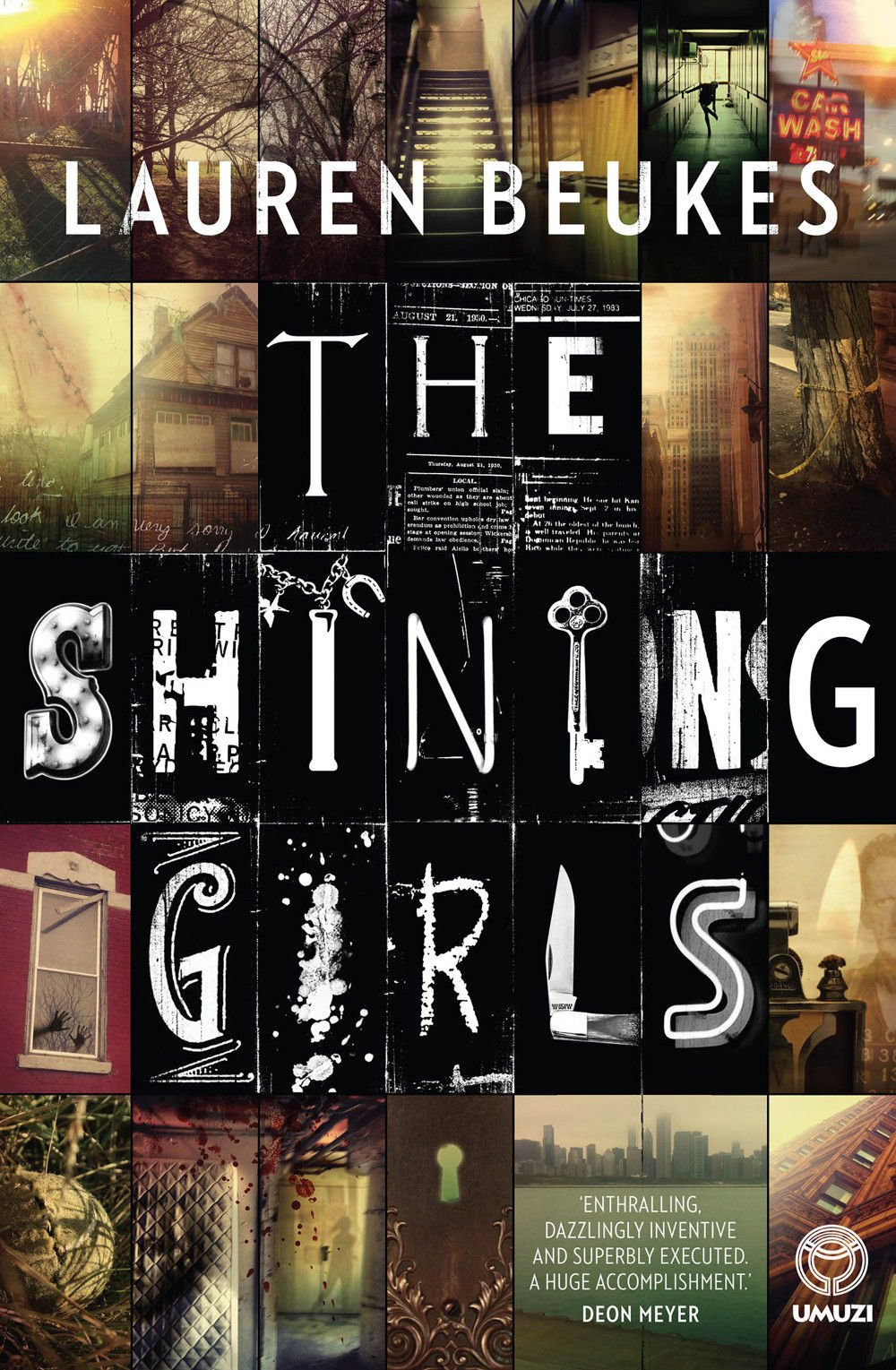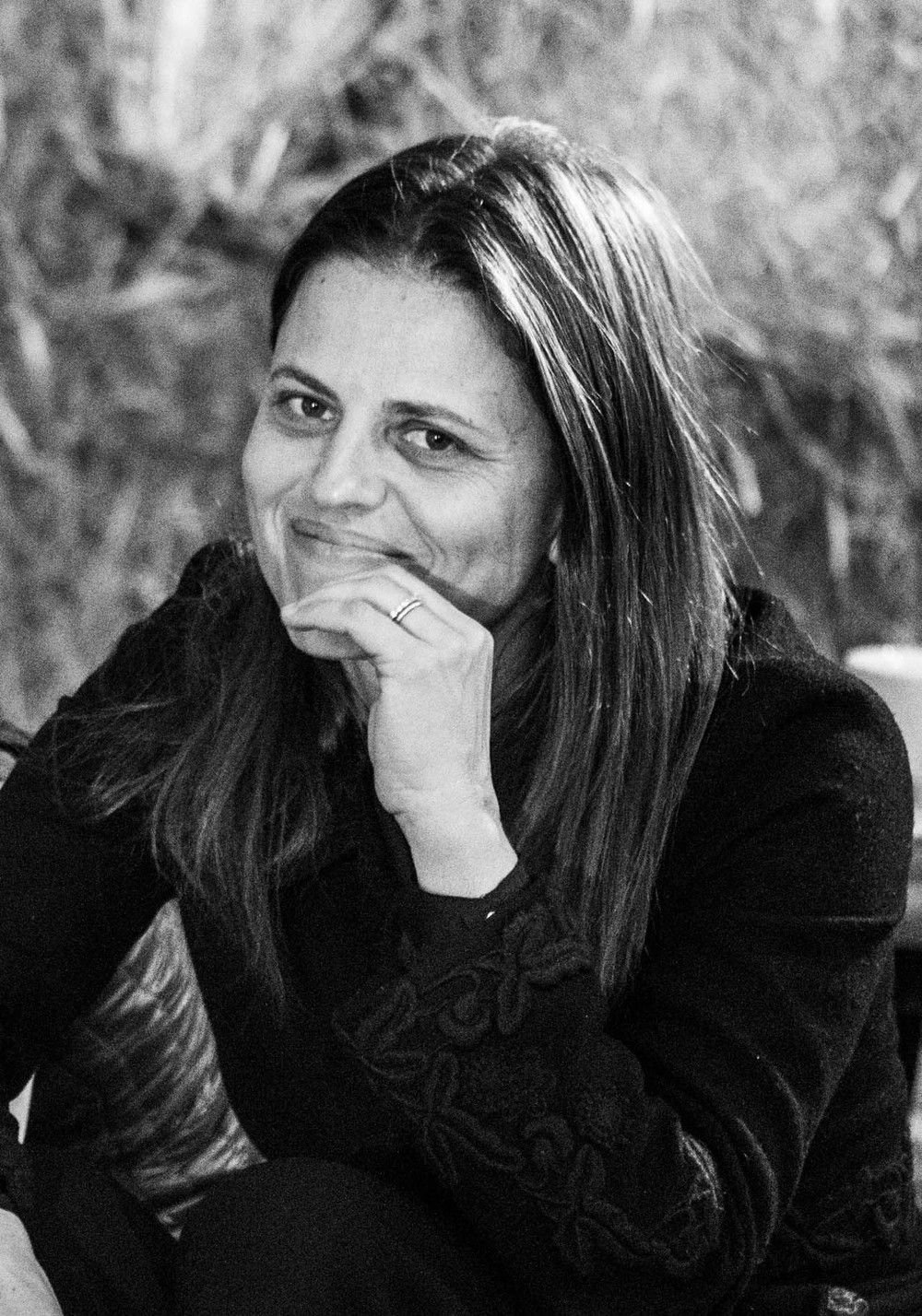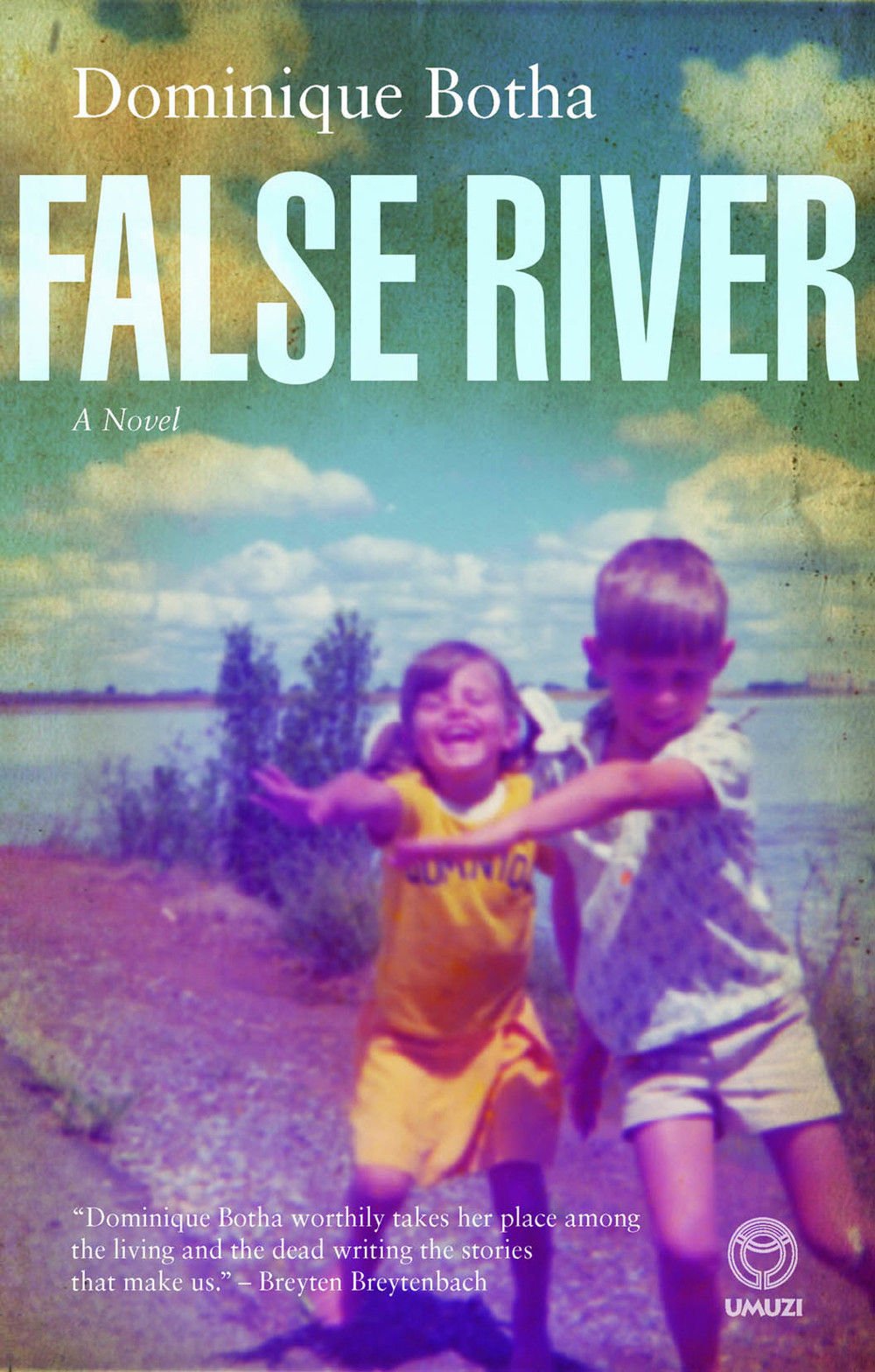Lauren Beukes has won the 2013 UJ Prize for The Shining Girls (Umuzi). This highly innovative novel blends time travel, serial killers, mystery and the evolution of Chicago in the 20th century, all within the framework of Beukes’s magical imaginings, rendered in beautifully constructed prose.
Set between 1929 and 1993, the novel focuses chiefly on serial-killing drifter Harper Curtis, who moves through time in search of his “shining girls” in order to steal their light by brutally murdering them.
Only one of his victims, Kirby Mazrachi, survives, and she becomes the protagonist of the story as she begins to chase Harper until the final denouement towards the end of the novel.
The narrative moves back and forth across decades, something that is made possible by Harper stealing a key off a blind woman whom he strangles. The key opens a house that is really a wormhole into other times while remaining in its Chicago locale. The house is filled with mementos of the women Harper has murdered, and is portrayed as an almost conscious entity in the novel – but its secrets remain secrets to the novel’s end.
Beukes plays with the idea of time travel in innovative ways. Harper travels through different eras, and Beukes points out the ordinary but spectacular sights that strike him as a time traveller – from “the whirling and flaying brush strips of a car wash” in the 1980s to the construction of the iconic Sears Tower in the 1970s, and to the depression-era atmosphere of Chicago, which is when Harper begins to frequent the wormhole house.

Although Beukes has been criticised for not fleshing out Harper’s character, it is clear that she is attempting to reconfigure our global fascination with serial killers by humanising the victims in the novel rather than their murderer. Accordingly, she describes every woman he murders in vivid detail.
Harper snuffs out each of their lights, but his motivations and background remain inconsequential – he is really assessed only through these deeds. He is not a romantic character in any way, being neither suave and good-looking nor wealthy. He is not Dexter, nor does he have a “following” or any sort of coherent ideological agenda, which we have come to expect from literary and media representations of serial killers.
The magic in the story lies in its against-the-grain depictions, and in Beukes’s blending of old genres to create something new. Though Harper picks his victims because he is attracted to their shine, it is Kirby who becomes luminous by using what he does to her to see what others cannot.
Harper leaves something on each of his victims from the woman he murdered before, creating a loop through objects out of time that mark each murder as his own. Kirby is able to connect these objects to one murderer when others cannot, in much the same way that she is able to connect the man from her childhood with the impossible idea that he remains unchanged 13 years later when he returns to kill her.
Perhaps it is Kirby’s uncanny intellect, coupled with an inexplicable experience of the impossible, that makes her shine. The same can be said of her creator. Beukes’s foray into fresh themes and settings in her third novel sparkles with light and interest.

Dominique Botha won the UJ Debut Prize for her novel, False River.
Dominique Botha takes the UJ Debut Prize for her coming-of-age novel False River (Umuzi). This moving debut is avowedly autobiographical, yet takes into its ambit the story not only of a rural Afrikaans girl’s life, but also of her entire family (with a particular focus on her gifted but troubled brother Paul), her small Free State community and the dramatic transitional years in South African society and politics.
South African literature has in recent years been awash with memoirs, autobiographies and other works in this mould.
What sets Botha apart is her entrancing writing style and capacity to stir her reader with a poignancy that is far from maudlin or uncritically nostalgic. False River is instead characterised by an invigorating freshness, a bold candour and an unerring ability to show rather than tell.
What Botha shows is a family at odds with the political conservatism of the region, and also at odds with social conventions and norms in ways that are mostly refreshing but also occasionally disturbing. This gives the novel a narrative tension that never slackens.
Paul is always on the edge, and his younger sister Dominique is in awe of him, usually trotting several paces behind both literally and intellectually. Which prompts him to place an emphasis on the first syllable of her name (“Dominique” – as opposed to the occasional “Sliminique”, when she manages to catch up with his quicksilver mind). But his predilection for risk-taking and pushing boundaries makes the reader uneasy. This, we realise early on, is not going to end well.

Botha’s rapid shifts in perspective and setting keep her readers on their toes, but never risk losing them. The Botha children move from the rural idyll of the family farm to boarding school (and an induction into the snooty superiority of English-speaking South Africa), and back to the farm at various points, getting older and finding the world more complicated – and the farm idyll less idyllic.
Botha’s prose oozes flair. For example, her take on English South Africa (exemplified by the Natal Midlands and the private girls’ school in particular) is inspired: “Weather was determined by what the girls called The Berg. Their G’s entered decorously and shut the door, not like in Afrikaans where they come like dragged chairs scraping over a tongue paved with bricks.”
The Botha family may have a name that is both commonplace and also associated with the ancien régime, but this particular sect does not do things in the socially acceptable way. The parents are left-wing and nonracist, and Paul adopts English, is dishonourably discharged from both school and the army, and later when he lives in Cape Town takes five bergies to the Mount Nelson Hotel and insists on being served by a wine steward.
On occasion the political incorrectness takes a very funny turn: “Dutch sounds like Afrikaans spoken by a person who is mentally retarded,” says the young Paul near the beginning of the novel.
Botha packs her 200 pages with this kind of humour and directness, and in the process tells a personal and social story that is like South Africa itself: by turns sad, beautiful, funny, unexpected, distressing and uplifting. False River achieves something rare: it shows us a country we instantly recognise, but in ways we haven’t quite seen before.
Ronit Frenkel and Craig MacKenzie are professors of English at the University of Johannesburg and panellists on the university’s prize, now in its seventh year.